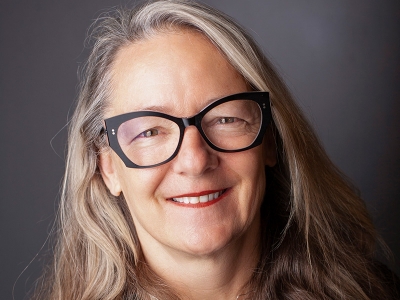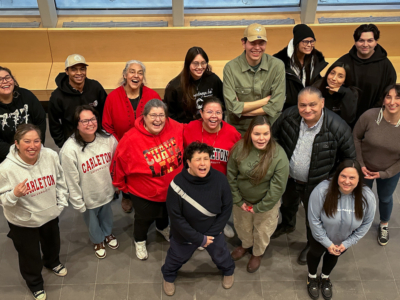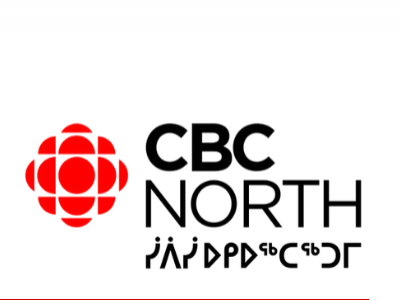Carleton journalism professor Matthew Pearson marked World Press Freedom Day in Thailand on Friday, where there the fate of dozens of journalists imprisoned since a military coup in neighbouring Myanmar more than three years ago set a sombre backdrop.
Co-organized by Burma News International and the newly-founded Independent Press Council Myanmar, the event highlighted the fundamental principle of press freedom and the importance of free and independent media in a democratic society.
Burma News International, established in 2003, is comprised of 15 independent news organizations based in Bangladesh, India, Thailand and the Thailand-Myanmar border regions. The press council, which is chaired by Nan Paw Gay, editor-in-chief of the Karen Information Centre, aims to promote media freedom in Myanmar, enhance security and protection for journalists and foster connections between regional and international news media.
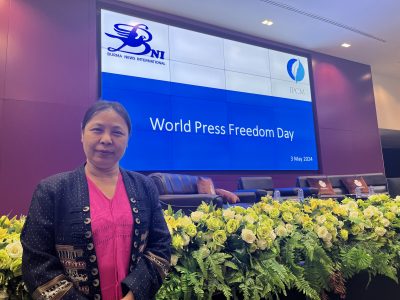
Nan Paw Gay, Editor-in-Chief of the Karen Information Centre and chair of the Independent Press Council Myanmar.
Both organizations used Friday’s event to highlight the significant challenges faced by journalists living in and reporting on Myanmar.
Since the February 2021 military coup, at least 176 journalists have been arrested and four have been killed, according to the International Federation of Journalists’ 2023 report. There are currently 52 journalists serving prison sentences in Myanmar, including some serving life sentences.
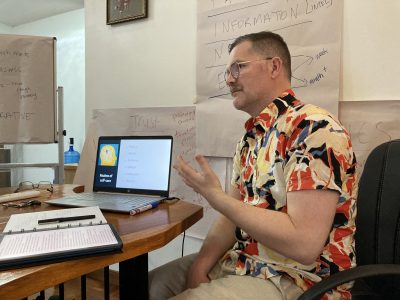
Carleton Journalism Prof. Matthew Pearson delivers his workshop in Thailand. For safety reasons, the workshop participants were not photographed.
Pearson’s participation in the World Press Freedom Day event comes during a visit to Thailand, where he was invited to partner with Ottawa-based NGO Inter Pares to lead capacity-building workshops on trauma reporting and self-care with journalists employed by several news organizations that belong to Burma News International.
“Journalism is not a crime,” said Pearson, who joined the School of Journalism and Communication in 2020. “It’s an honour to work with these journalists, most of whom have and continue to take great personal risks to bring the latest news and information to their communities.”
“In the context of armed conflict, it is incredibly important for conflict-affected ethnic people to have access to accurate information, and in turn, for ethnic perspectives and news to be shared nationally and internationally,” said Samantha McGavin, Inter Pares Executive Director. “This is why ethnic media organizations are a key part of our Global Affairs Canada-supported programming in Burma. But journalists and human rights defenders are paying a psychological price for their work, which exposes them to deeply traumatic content. Prof. Pearson’s workshops are one way for Inter Pares to support ethnic journalists in this challenging work.”
Aung Naing, editor of the Burmese-language media organization Network Media Group, described Pearson’s workshop as “interesting, important and useful.”
His team of about 15 journalists regularly report on difficult subjects, including human rights abuses, internally displaced persons, military clashes, and killings.
“It is important because of the situation of our country and also the situation of the reporters inside and outside of the country,” he said. “They’re living in very unsafe surroundings, they need to be worried they will be arrested, they do not know freedom of movement … these kind of situations make them traumatized.”
Friday, May 3, 2024 in Journalism News, News
Share: Twitter, Facebook
